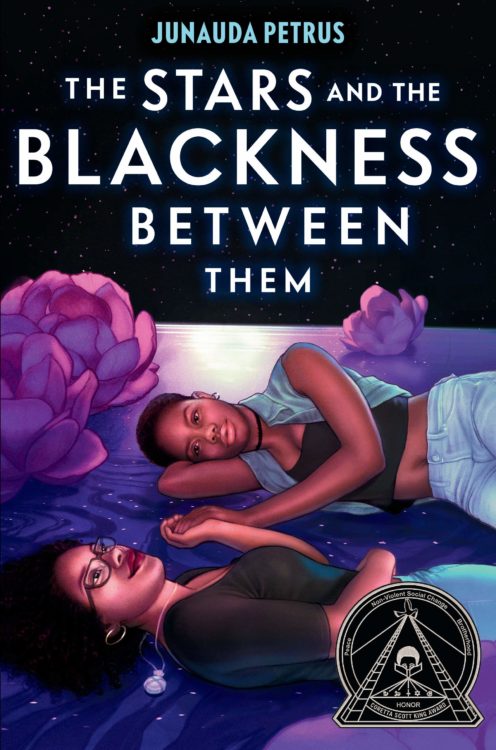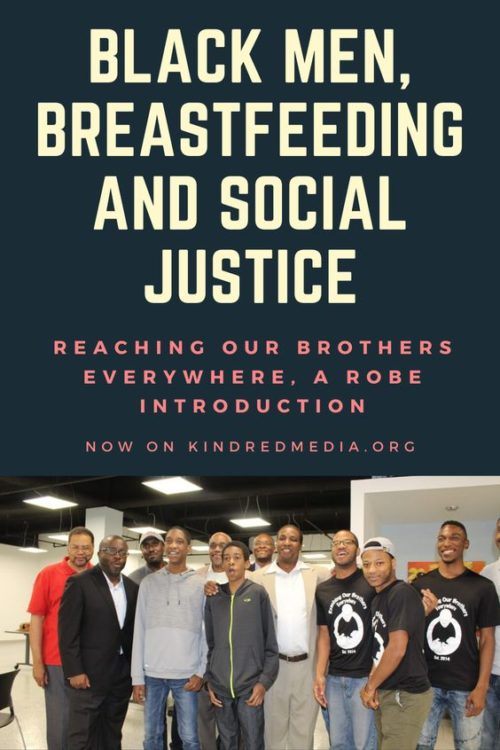Give The Police Departments to the Grandmothers: A Poem
Junauda Petrus-Nasah is a creative activist, writer, playwright, and multi-dimensional performance artist who is born on Dakota land, West-Indian descended, and African-sourced. Her work centers around Black wildness, -futurism, ancestral healing, sweetness, spectacle and shimmer.
Petrus-Nasah has written works for the stage, screen and page, employing poetics and experiences re-membered via ancestral dreaming and research of their lost stories. She is inspired by her parents and ancestors who immigrated from the Caribbean bringing their magic and trauma with them, and her art ripples with their legacy. She is influenced by the Middle passage and diaspora, Black folks in Minneapolis, ancestral magic, and stories of queerness and womanhood within these contexts. Speculative fiction and magical realist elements are central to her work.
In 2009 she began studying aerial circus arts in Brooklyn, New York with Kiebpoli Calnek, focusing on the corde lisse, (a hanging smooth rope) and explored through performance themes of Blackness, queerness and womanhood reclaimed and imagined in the vertical space, complicating the legacy of violence and lynching that we associate with hanging Black bodies.
In 2012, she co-founded with Erin Sharkey, Free Black Dirt, an experimental artist collective based in Minneapolis, creating original theatre and performance, hosting innovative events, organizing local artists, and promoting and supporting the emerging artists’ community in the Twin Cities.
In 2014 she received a Travel and Study grant from the Jerome Foundation to study West African and Afro-Caribbean dance and aerial/circus arts. Also in 2014, she was recipient of the Many Voices Mentorship from the Playwright’s Center to study playwriting. Her play, There Are Other Worlds, used aerial arts and a cast of all Black women to tell the story of a mother and activist who has spent the majority of her two teenage daughter’s lives incarcerated.
In 2016, she co-wrote with Erik Ehn, Queen, a play and puppet show about a Black grandmother journeying through her grief after the police shooting her grandson, starring the late and iconic, Laurie Carlos. From 2015-2017, she was lead artist with the Heart of the Beast’s Theatre’s May Day parade, where she engaged community in building and walking in a social justice themed puppet parade. In 2016 she was awarded, City Page’s Artist of the Year. Last year, she was awarded another Jerome Travel and Study grant in literature to research queerness and African-inspired spiritualities in Trinidad and Tobago for writing this book.
In 2017, she began writing and directing, Sweetness of Wild, an episodic-poetic-film-series that centers an inter-generational cast of Black folks, navigating themes of Black Lives Matter, life after Prince, first-love and bike culture against the backdrop of Minneapolis. Her first book, the young adult novel, The Stars and The Blackness Between Them, received the 2020 Coretta Scott King Honor Book Award.
RESOURCES
What Is Equity?
Equity has three interwoven components: a lens, a mirror, and an outcome.
- It is a lens through which we view the world to inform and guide the design of our strategies and activities to build a “landscape of breastfeeding support.”
- It is also a mirror through which we view ourselves and our organizations, examining our internal structures, culture, and policies and their impact on how the lens is applied and the outcome achieved.
- Lastly, it is the outcome we seek to achieve, i.e., equity is realized when life outcomes are equal, in a statistical sense, regardless of one’s identities.
Equity work can take the form of actions designed to address historic burdens as well as to remove present-day barriers to equal opportunities. It can be accomplished by identifying and eliminating systemic discriminatory policies and practices, but also by transforming structures towards access, justice, self-determination, redistribution, and sharing of power and resources. Above all, it requires an inclusive approach that maximizes engagement of the communities impacted.
Allegories on race and racism, by Camara Jones, A TEDx Talk
How Racism Makes Us Sick, by David Williams, PhD
Post Traumatic Slave Syndrome, by Dr. Joy DeGruy
Find Kindred’s Black Mothers and Fathers Resources page.
Subscribe to Kindred’s newsletter to make sure you don’t miss our upcoming series, Black Men, Breastfeeding, and Social Justice Series



